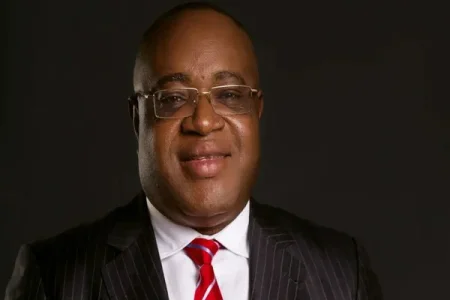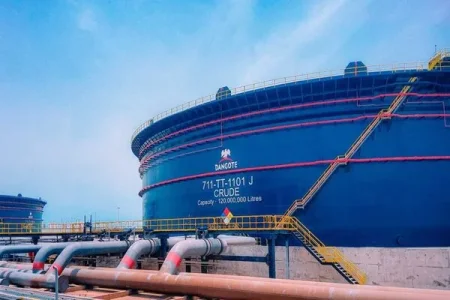
During the Stanbic IBTC Energy and Infrastructure Breakfast Session in Lagos, Gabriel Ogbechie, CEO of Rainoil Limited, disclosed that the federal government has covertly resumed paying the contentious fuel subsidy.
Ogbechie highlighted the impact of the Naira's devaluation on the foreign exchange market, asserting that with Nigeria's daily fuel consumption at 40 million liters and the exchange rate at N1,300, the subsidy per liter ranged between N400 and N500.
This revelation contradicts President Buhari's earlier declaration of subsidy removal in May the previous year, coinciding with a fuel price surge from N200 to N500 per liter. Ogbechie emphasized the resurgence of subsidy following the devaluation of the Naira, which propelled the exchange rate to N1,300. He estimated the monthly subsidy expenditure to be approximately N600 billion, prompting concerns about fiscal sustainability.
Notably, Ogbechie pointed out NNPC's pivotal role as the sole petrol importer, implying ongoing subsidy implications and fixed pricing. The reinstatement of fuel subsidy has sparked public debate, with former Kaduna State Governor Nasir El Rufai and presidential advisers weighing in on the matter. While the Special Adviser to the President on Energy, Mrs. Olu Veŕheijen, affirmed the government's prerogative to intervene for price stability, NNPC's GCEO, Mele Kyari, maintained that the company recovers import costs without government subsidy.
Despite conflicting statements, Ogbechie's disclosure underscores persistent subsidy concerns and the complexity of Nigeria's energy policy landscape.




